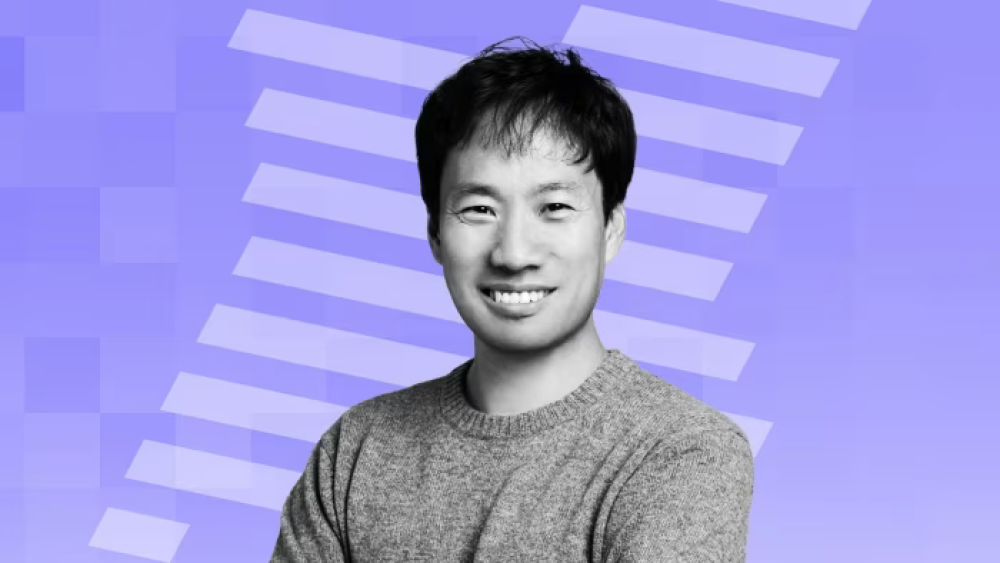A little-known South Korean artificial intelligence start-up that has produced a large language model that performs as well as advanced systems made in the US and China is seeking to boost the Asian country’s goal of catching up lost ground in the global AI race.
Sung Kim, chief executive of Seoul-based Upstage, told the Financial Times that “American and Chinese LLMs used to be way out in front of everyone else, but that is no longer the case”.
The claim comes after the company’s Solar Pro 2, released in July, became the only Korean LLM to be recognised as a leading edge “frontier model” by independent benchmarking analysis provider Artificial Analysis.
That advance means South Korea has joined the small number of countries that are home to an advanced AI model. Outside US leaders such as OpenAI and Google and Chinese groups such as DeepSeek, only a handful of groups have world-class frontier models, including France’s Mistral and state-backed AI companies in the Middle East.
Kim said South Korea had previously “dropped the ball” on AI due to an excess of caution at its established tech companies, but that Upstage’s achievements had put the country back in the race to be the first to develop machines that surpass human intelligence.
According to Artificial Analysis’ Intelligence Index, Solar Pro 2 earned a higher combined score across a range of benchmarks than Anthropic’s Claude 3.7 Sonnet Thinking, DeepSeek’s V3 and Open AI’s GPT-4.1 — putting it just outside the world’s top 10 frontier models.
Kim noted that Solar Pro 2’s performance had surpassed the models of more established companies despite having just 30bn “parameters”, the number of variables used to train an AI system and shape its output.
He said his company had achieved this by deploying a training approach called “Depth-Up Scaling”, which involves removing and adding layers of information to a base model to strike a balance between computational efficiency and model performance.
Frontier models typically contain 100bn-200bn parameters, meaning they require more computing power to conduct their calculations. The Grok 4 model made by xAI, which topped the latest Artificial Analysis index, contains 1.7tn parameters.
“We created a top tier frontier LLM using only 10 per cent of the number of AI chips that other companies are using, making us much more cost-efficient,” said Kim, who served as the founding leader of Korean tech conglomerate Naver’s AI fledgling division before co-founding Upstage in 2020. He added that Upstage intended to develop a new model with 100bn parameters within the next year.
He said Solar Pro 2 specialises in conducting complex calculations for companies in the financial, legal and medical sectors, with its model already being deployed by Intel and the insurance subsidiaries of Korean conglomerates Samsung and Hanwha. Five “big American insurance companies” are also interested in adopting it to assist with underwriting procedures, he added.
Upstage’s emergence offers a shot in the arm to South Korea’s AI ambitions, which until recently rested largely on the supply of hardware such as memory chips and data centre components to leading global players.
The company is also in talks with local Korean chip design start-ups Rebellions and Furiosa AI to deploy their neural processing unit chips for Upstage models to conduct
“inference” tasks — when users request information from LLMs.
“There is a Korean ecosystem developing with a new generation of companies on both the hardware and the software side, and because we all know each other well we can co-operate very closely,” said Kim.
The country’s new leftwing president Lee Jae Myung has declared his ambition for South Korea to emerge as a “top three AI powerhouse” behind the US and China, pledging more than $70bn in investment and creating a new cabinet position of minister for AI, who will also serve as deputy prime minister.
Experts note that South Korea lags behind many other developed countries in data centre investments. It is also suffering from an exodus of AI talent to western countries, according to a report by the Korea Chamber of Commerce and Industry last month.
Kim noted the government had announced a programme to pay up to 85 per cent of annual salaries of up to $10mn for AI specialists to work in selected leading Korean companies, as part of a bid to encourage local talent to remain in the country.
He added that South Korea also stood to benefit from standing outside the US-China geopolitical rivalry.
By offering to build data centres locally in partner countries, he said, an alliance of South Korean hardware companies and LLM providers backed by the government have a chance to break into markets in countries reluctant to choose between China and the US. “We tell them we can build data centres locally and they love it.”




